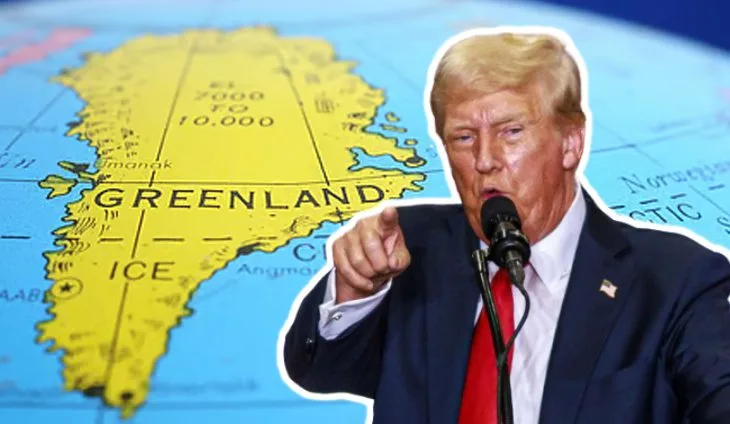The Impossible Deal: Is Buying Greenland the Beginning of a New Era of American Expansion?

The speculation surrounding the potential purchase of Greenland by the United States has stirred intense debate on both sides of the Atlantic. While the idea might seem like a geopolitical gamble, many view it as a strategic move signaling a new era of American expansionism. This article examines the background, motivations, and implications of this controversial proposition.
Historical Context
Greenland, an autonomous territory within the Kingdom of Denmark, has long been a subject of geopolitical interest due to its strategic location and natural resources. The idea of purchasing Greenland is not new, having been proposed sporadically throughout history. However, renewed interest has arisen amidst shifting global power dynamics and increased competition for Arctic resources.
Strategic Importance
The Arctic region holds vast untapped natural resources and serves as a critical maritime route. Control over Greenland would provide the U.S. with enhanced military positioning, access to resources, and greater influence over Arctic affairs. Analysts from the U.S News outlets highlight the strategic advantages that such a deal would confer.
Economic and Environmental Considerations
Beyond military strategy, Greenland’s potential economic value cannot be overlooked. Mining of rare earth minerals, oil, and gas reserves represent significant interests. However, environmental concerns, particularly related to climate change and indigenous rights, complicate these prospects.
International Reactions
The proposition has drawn mixed reactions globally. The World news reports emphasize Denmark’s firm stance against selling Greenland, viewing the idea as unrealistic and diplomatically sensitive. Other nations watch closely, considering the broader implications for Arctic geopolitics.
The Trump Administration’s Role
The Trump News section provides detailed accounts of President Trump’s public interest in the purchase, statements from officials, and the ensuing diplomatic dialogue. The move is seen by supporters as a bold assertion of American interests, while critics view it as an impractical distraction.
Potential Outcomes
While the likelihood of an actual sale remains low, the discussions have reignited debates on American expansionism and Arctic policy. The episode underscores the complex interplay of geopolitics, economics, and environmental stewardship in the 21st century.




